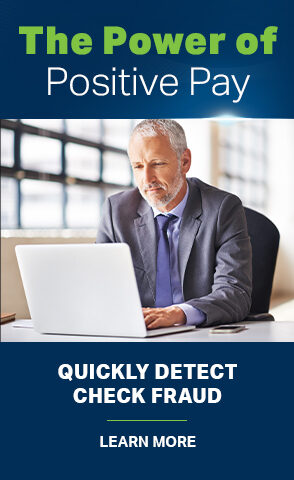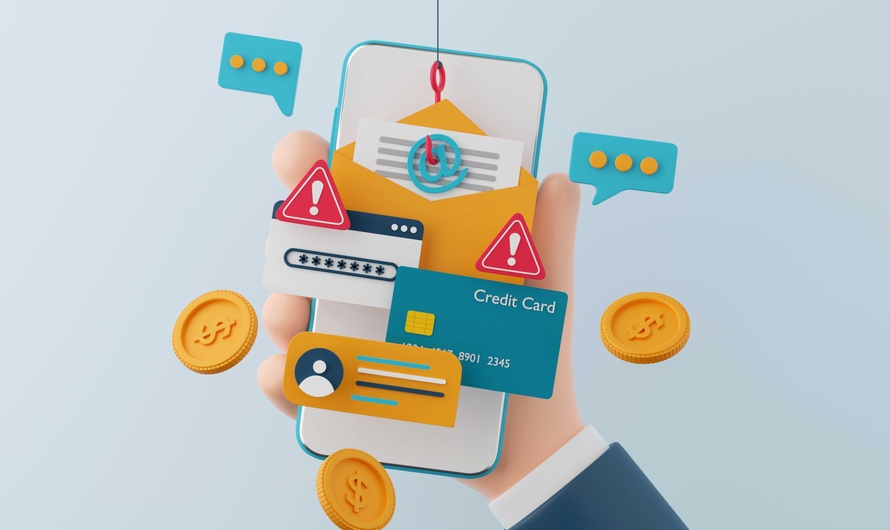Today’s technology allows us to connect around the world, to bank and shop online, and to control our devices from our smartphones. This added convenience brings with it an increased risk of identity theft and internet scams. We can greatly increase our cybersecurity online, at work, and at home by taking a few simple steps.
IDENTITY THEFT
- Identity theft happens when someone steals your personal information to commit fraud. The identity thief may use your information to apply for credit, file taxes, or get medical services. These acts can damage your credit status and cost you time and money to restore your good name.
- Don’t reveal personally identifiable information such as your bank account number, Social Security Number (SSN), or date of birth to unknown sources.
- Practice safe web surfing wherever you are by checking for the green lock or padlock icon in your browser bar—this signifies a secure connection.
Type website URLs directly into the address bar instead of clicking on links or copying and pasting from the email.
Check with the known sender before clicking on any links. All emails and messages should be considered suspicious, when in doubt.
COMMON INTERNET SCAMS
- Imposter scams, such as phishing and spoofing, occur when you receive an email or call from a person claiming to be a government official, family member, or friend requesting personal or financial information. For example, an imposter may contact you from the Social Security Administration informing you that your SSN has been suspended, in hopes you will reveal your SSN or pay to have it reactivated.
- Donation scams take the form of emails with malicious attachments or links to fraudulent websites to trick victims into revealing sensitive information or donating to fraudulent charities or causes. Exercise caution in handling any email involving recent world events, such as COVID-19, or geo-political events. Be wary of social media pleas, texts, or calls.







